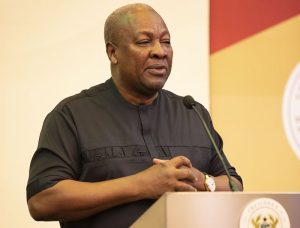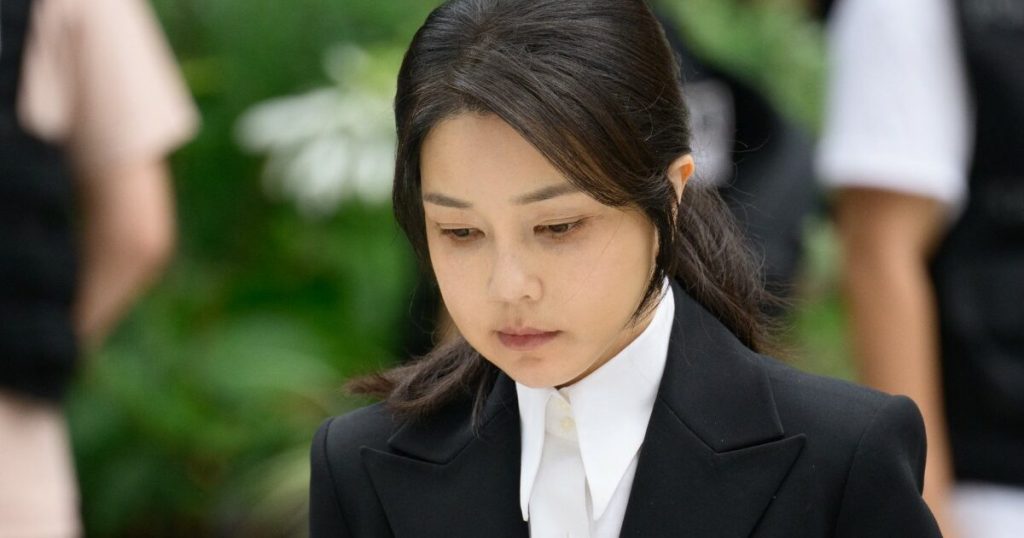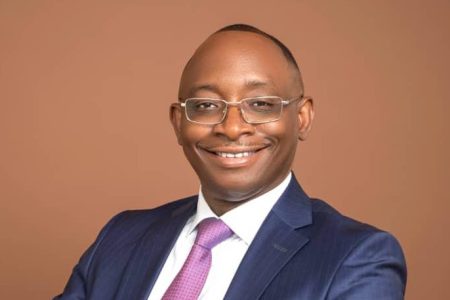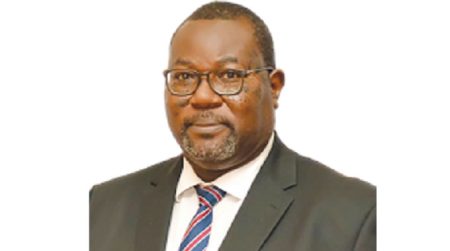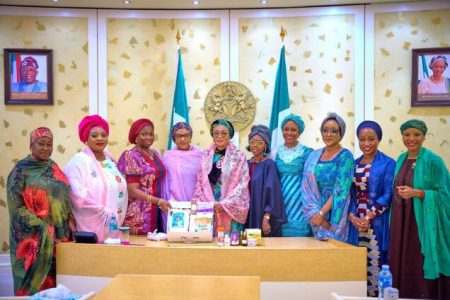The political landscape of South Korea is embroiled in a high-stakes legal drama, with prosecutors seeking an arrest warrant for former first lady Kim Keon Hee. This unprecedented move follows closely on the heels of the detention of her husband, former president Yoon Suk Yeol, for his controversial declaration of martial law in December. The request for Kim’s arrest, if granted, would etch a new chapter in South Korean history, marking the first instance of both a former president and their spouse facing arrest. The allegations against Kim are multifaceted, ranging from bribery and stock manipulation to interference in political processes, creating a whirlwind of controversy around the former first couple.
Kim’s interrogation, which preceded the arrest warrant request, focused on a series of allegations that have dogged her for some time. These include persistent questions surrounding her alleged involvement in stock manipulation schemes, a matter that has fueled public skepticism and calls for thorough investigation. Adding fuel to the fire is a resurfaced video from 2022 showing Kim accepting a luxury handbag from an admirer, reigniting public criticism regarding her conduct and potential conflicts of interest. Beyond financial improprieties, Kim is also accused of meddling in the selection process for parliamentary candidates within Yoon’s political party, a transgression that, if proven, would constitute a breach of election laws.
The timing of the arrest warrant request, coming just a day after Kim’s extensive questioning, underscores the seriousness with which prosecutors are pursuing these allegations. While Kim publicly apologized for causing “trouble,” she vehemently denied all accusations during her interrogation. Her legal team is expected to mount a vigorous defense, setting the stage for a potentially protracted legal battle that will undoubtedly captivate the nation’s attention. The controversy surrounding Kim has been a simmering issue throughout Yoon’s presidency, often overshadowing his political agenda and contributing to a decline in public trust.
Yoon’s own legal troubles stem from his declaration of martial law in late November 2022, a decision that triggered immediate backlash and accusations of authoritarian overreach. The opposition-controlled parliament responded by passing three special investigation bills aimed at probing the allegations against Kim. However, Yoon exercised his presidential veto power to block all three bills, further exacerbating tensions and raising questions about his commitment to transparency and accountability. The declaration of martial law, though short-lived and ultimately overturned by parliament, proved to be a fatal blow to Yoon’s presidency.
Yoon’s impeachment and subsequent removal from office in April 2023 marked a dramatic turning point in South Korean politics. His actions were widely condemned as an abuse of power, setting a dangerous precedent and undermining the country’s democratic institutions. The ensuing snap election in June reflected the public’s desire for a fresh start and a renewed focus on good governance. The current legal proceedings against both Yoon and Kim are unfolding against this backdrop of political upheaval, adding another layer of complexity to an already turbulent period in South Korean history.
The intertwined legal fates of the former president and first lady have captivated the nation, creating a climate of intense speculation and debate. The potential arrest of both figures would represent an unprecedented event, underscoring the gravity of the allegations and the determination of prosecutors to hold powerful individuals accountable. The outcome of these legal proceedings will undoubtedly have far-reaching implications for South Korean politics, potentially shaping the country’s future trajectory and influencing public perceptions of justice and accountability within the highest echelons of power. The ongoing saga serves as a stark reminder of the fragility of democratic norms and the importance of upholding the rule of law, even for those who once occupied the nation’s most prominent positions.


